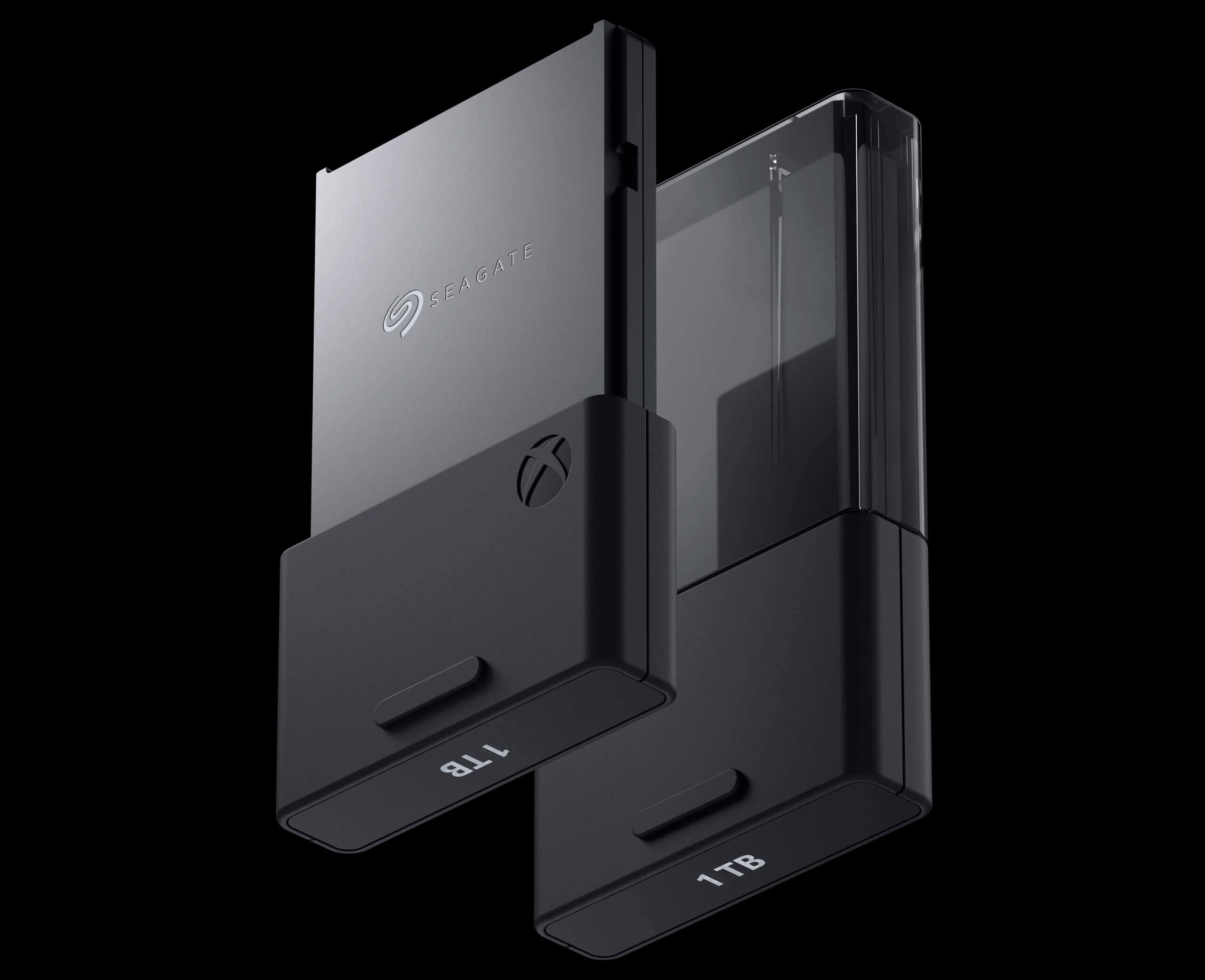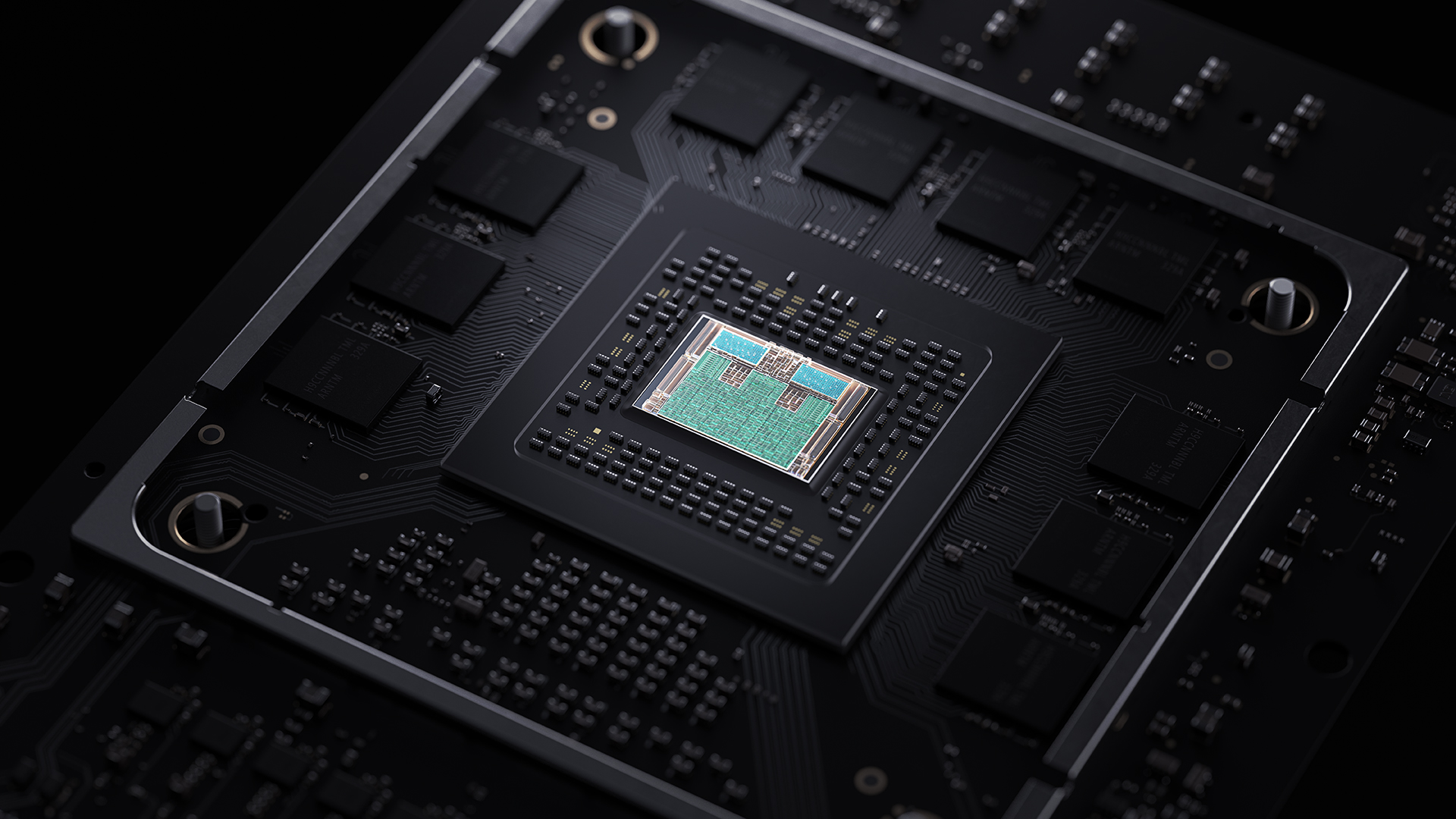Big quote: "Built in partnership with Xbox, the Seagate Storage Expansion Card for Xbox Series X is a 1TB custom storage solution that expands the capacity of Xbox Series X—seamlessly replicating the full speed and performance of the Series X’s internal storage." — Seagate

On Monday, Microsoft said its Xbox Series X would come equipped with an expansion slot for plugging in a 1TB SSD. Seagate announced the specialized “external” drive will have the same performance as the XSX’s internal drive, including taking advantage of Microsoft’s “Velocity Architecture.” This technology uses 100GB of disk storage as extended memory for game assets for faster load times.
Aside from the performance boost, the ability to plug in a small card for extra storage is a plus. Considering the rate at which games are growing in size, the Series X’s 1TB is already almost too small for today’s games. Of course, undersized drives are fairly typical for the latest and greatest consoles. Remember, the XB1 and PS4 only launched with 500GB hard drives, which soon needed upgrading.
We are proud to announce our partnership with @Xbox to develop the Seagate Storage Expansion Card For Xbox Series X, custom-built to take full advantage of the Xbox Velocity Architecture. Providing extra space without sacrificing speed and performance. https://t.co/kGF5hbNnHu pic.twitter.com/svAol4tvGx
— Seagate Gaming (@seagategaming) March 16, 2020
Unfortunately, Seagate has not revealed pricing or a release date for the expansion card. Considering that it is an SSD and that it is customized specifically for the Microsoft’s proprietary port, the device is not likely to be cheap. It is also unclear how open the design is. If Seagate is Microsoft’s only manufacturing partner for the technology, lack of competition will keep the price inflated.
Additionally, USB drive options seem to be out of the question as Microsoft has said that they are not fast enough for games optimized for the Xbox Series X. These drives will be adequate for extra storage but will miss all the benefits of the new architecture.
Of course, as we move further into the next generation of consoles, things are likely to change. History has shown that future refreshes and revisions are likely to include larger internal drives, and the semi-propriety expansion design is bound to be opened up to other OEMs willing to make them. Until then, it will be safe to assume Xbox Series X accessories, especially the Seagate expansion card, will be fairly pricey.
https://www.techspot.com/news/84412-seagate-unveils-1tb-xbox-series-x-expansion-card.html


